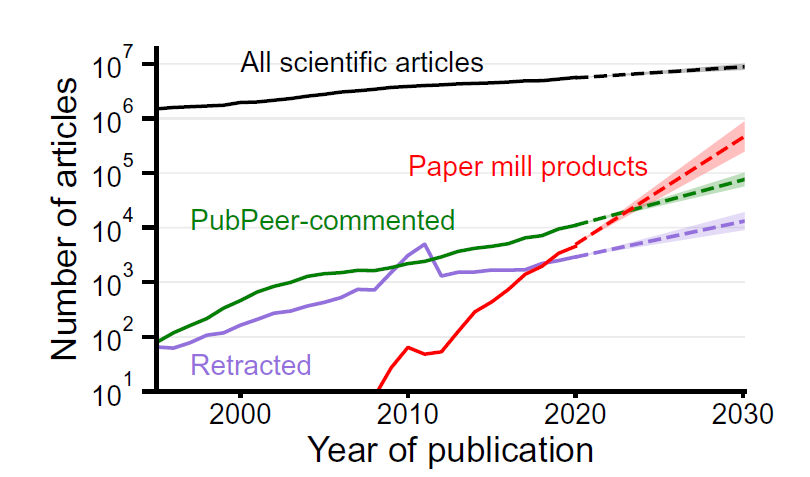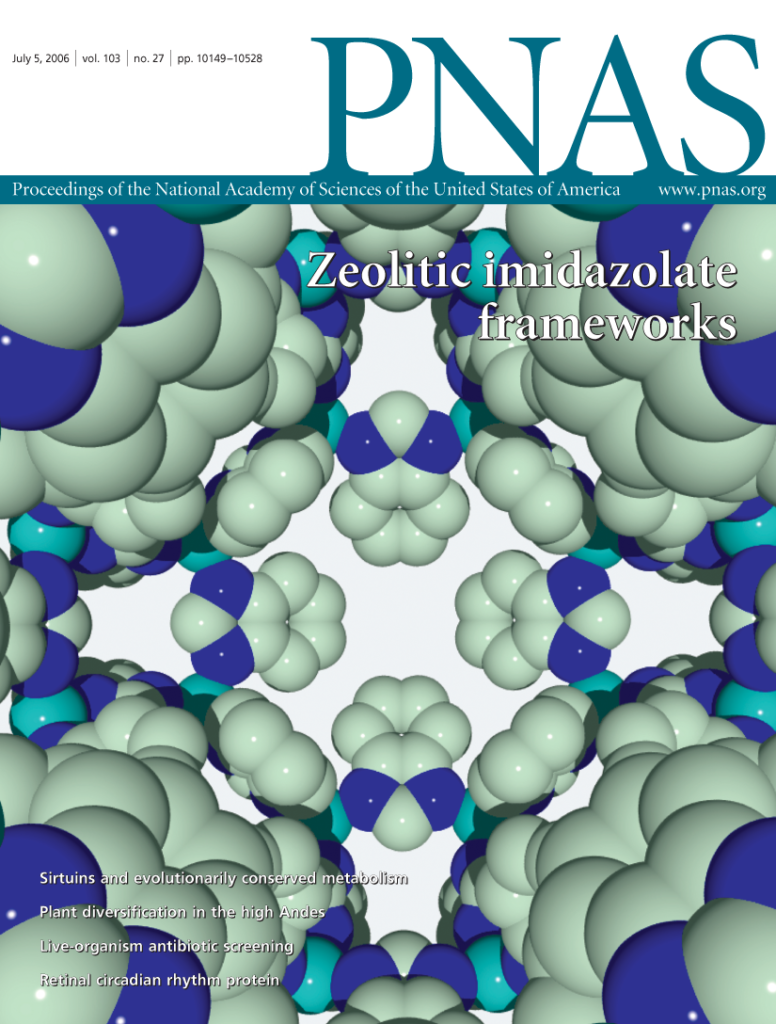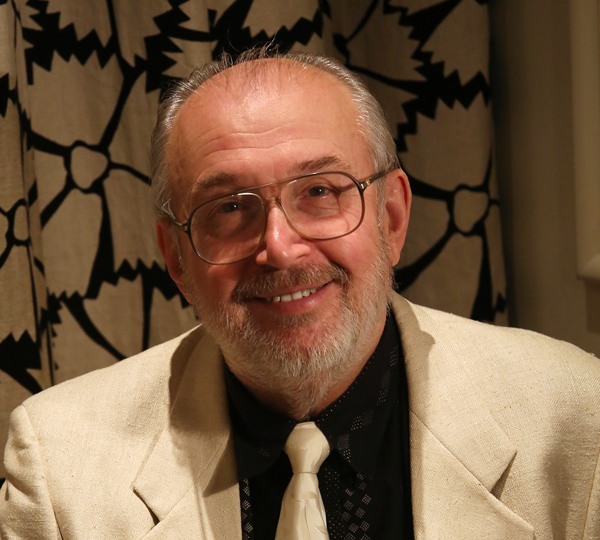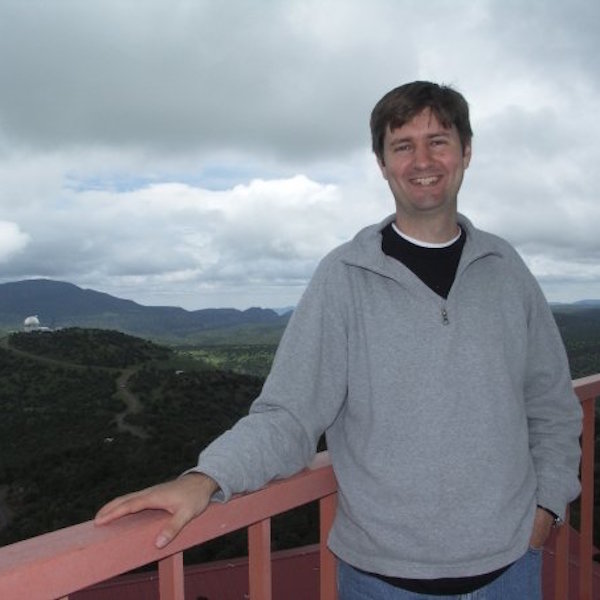
A paper coauthored by geneticist George Church has been retracted following an internal review at a university where several coauthors are based.
The article appeared in the Proceedings of the National Academy of Sciences in 2022. The work supports an anti-aging gene therapy developed by BioViva, a company for which Church serves as an adviser. The paper’s authors claim cytomegalovirus (CMV) can be a gene therapy vector for a treatment for “aging-associated decline” that can be inhaled or injected monthly.
The work has been cited 41 times, two of which are citations from corrections to the article, according to Clarivate’s Web of Science.
Continue reading Genomics pioneer George Church earns first retraction for anti-aging gene therapy paper






